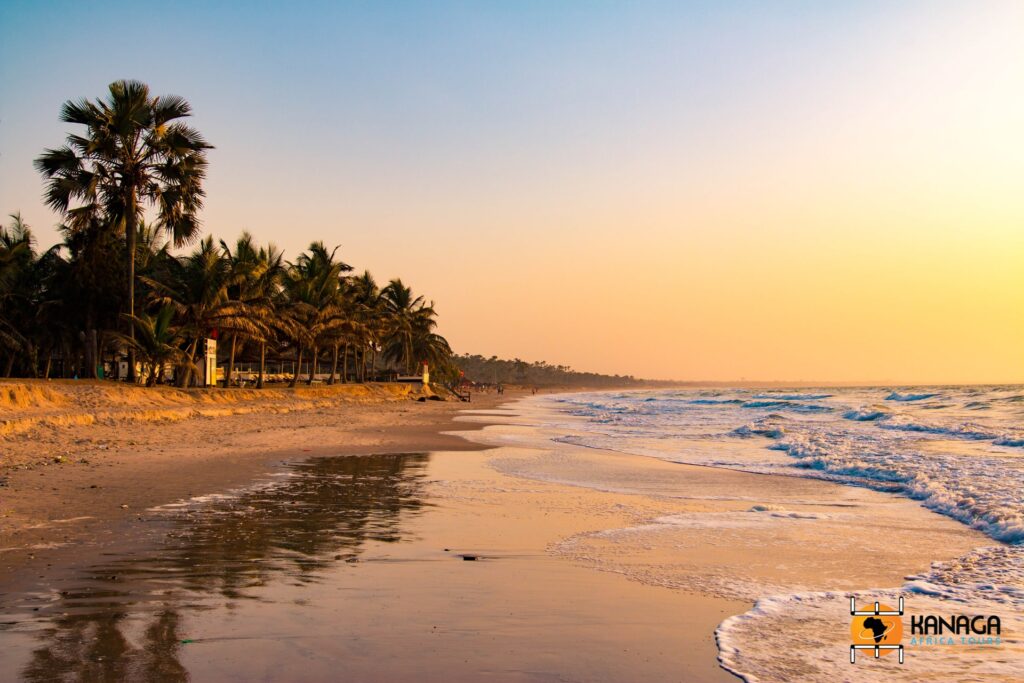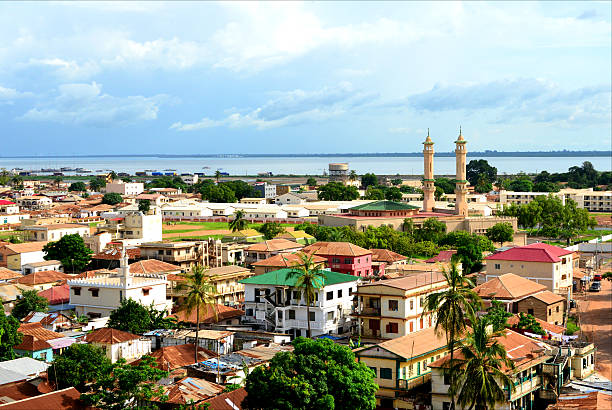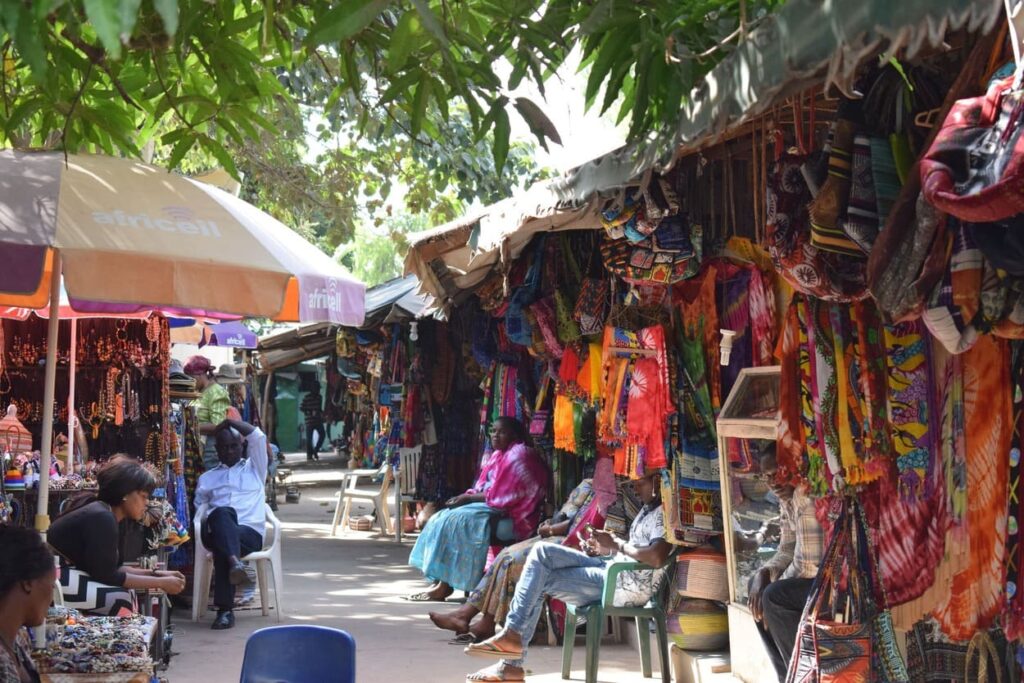This guide provides factual information regarding the safety landscape in The Gambia, drawing from official advisories and reports. It aims to equip travelers, residents, and individuals interested in Gambian affairs with a clear understanding of prevailing conditions. The information presented is based on assessments from governmental travel advisories and security reports, underscoring the importance of informed caution for those visiting or residing in the country.
Overall Safety Assessment in The Gambia
International government advisories generally recommend exercising a high degree of caution when in The Gambia . The U.S. Department of State, for instance, has issued a “Level 2: Exercise Increased Caution” advisory for The Gambia, citing crime and inadequate health infrastructure as primary concerns . This classification suggests that while widespread unrest is not typical, there are specific risks that visitors and residents should be aware of . Some sources describe The Gambia as a generally safe and friendly country for tourists but emphasize the need to be aware of certain issues .
It is important to note that perceptions of safety can vary. While some reports indicate The Gambia has a relatively low crime rate compared to other countries in the sub-region, recent accounts suggest a rise in certain types of criminal activity . The World Travel Index, for example, scores The Gambia around 42 out of 100 points in its “Safety” category for 2025, ranking it 148th out of 193 countries based on visitor and resident perceptions of crime .
Common Types of Crime
Petty Crime
Petty crime is a prevalent concern in The Gambia, particularly in tourist areas and crowded public spaces . This includes:
- Pickpocketing and purse snatching: These often occur in bustling markets, on ferries, and in other crowded locations .
- Theft from hotel rooms and vehicles: Such incidents are reported as common . It is advisable to secure valuables and ensure vehicles are locked .
- “Bumsters”: Travelers, particularly on beaches and in tourist zones, may be approached by individuals known as “bumsters” offering unsolicited services as guides or companions, often with the expectation of payment . Official advice suggests politely but firmly declining such unwanted offers .
- Scams: The risk of scams is considered high, with various methods employed, particularly in tourist-heavy areas . These can range from people posing as officials to more elaborate schemes .
Violent Crime
While historically The Gambia has not been characterized by high levels of violent crime, recent reports indicate an increase in more serious incidents . These include armed robberies targeting businesses and individuals, and assaults . Some reports highlight an increase in armed robberies in early 2025, targeting citizens, police officers, and businesses, sometimes involving firearms . The involvement of foreign nationals in some of these crimes has also been noted . These incidents have led to public concern and calls for enhanced security measures .
Is Gambia Safe at Night?
Caution is particularly advised after dark. While main tourist strips like Senegambia may feel relatively safe in the evenings, venturing into unlit or isolated areas at night, especially alone, increases risk . It is generally recommended to avoid walking in unfamiliar or poorly lit areas after dark and to use registered taxis for transportation during nighttime hours . Some areas, like Serekunda, are specifically advised to be avoided at night due to higher crime rates .
Regional Considerations and Road Safety
Travel Near Borders
The U.S. Department of State advises exercising increased caution near The Gambia’s southern border with Senegal’s Casamance region due to potential landmines remaining from past conflict and occasional border skirmishes . Travelers in this region are advised to stay on main roads and avoid night travel . The Canadian government also advises caution when traveling overland to the Casamance region due to the activities of separatist rebels .
Road Conditions and Safety
Road safety is a significant concern in The Gambia.
- Main roads in the Greater Banjul area are often paved but can be narrow, poorly lit, and may have potholes . Outside the capital, many roads are unpaved, and four-wheel drive vehicles may be necessary, especially during the rainy season (June to October) .
- Driving outside urban areas after dark is generally discouraged .
- Traffic law enforcement can be inconsistent, and practices like speeding and reckless driving contribute to a high rate of road accidents .
- Police roadblocks are common, and individuals may be asked to present identification documents . It is important to cooperate with local authorities at these checkpoints .
- Bribery and corruption involving traffic officials have been reported, with some drivers, including those accompanying tourists, being pulled over and expected to pay bribes .
- Public transportation, such as shared taxis (“gele-gele”), can be overcrowded and poorly maintained .
Health and Other Considerations
Health Infrastructure
The health infrastructure in The Gambia is described as inadequate by some official sources, with services, hygiene, and quality control potentially not meeting international standards . Pharmacies may not be well-regulated, and the safety of locally available medications can be a concern . The CDC has also issued health notices for The Gambia, such as for circulating poliovirus . Comprehensive travel insurance that covers medical evacuation is highly recommended .
Food and Water Hygiene
Food and water hygiene are important considerations. It is generally advised to ensure food is freshly cooked, be cautious with uncooked items like salads, and avoid drinking tap water . Using filtered water bottles or consuming sealed bottled water is recommended .
Demonstrations
Demonstrations can occur and may turn violent unexpectedly, leading to disruptions . It is advisable to avoid areas where demonstrations or large gatherings are taking place and to monitor local media .
Safety Tips for Travelers and Residents
To enhance personal safety in The Gambia, consider the following recommendations based on official advisories:
- Situational Awareness: Be aware of your surroundings at all times, especially in crowded places and tourist areas .
- Secure Belongings: Keep personal belongings, including passports and travel documents, secure. Avoid displaying signs of affluence or carrying large sums of money .
- Accommodation Security: Ensure hotel rooms are secure .
- Vehicle Safety: Keep car doors locked and windows closed .
- Beach Safety: Check with local authorities to determine which beaches are safe. Avoid isolated beaches and do not bring valuables to the beach .
- Night Travel: Avoid walking alone in unfamiliar or poorly lit areas at night . Use registered taxis for nighttime transportation .
- “Bumsters”: Be polite but firm in declining unsolicited offers of assistance or companionship .
- Road Travel: Drive cautiously, avoid driving outside urban areas after dark if possible, and cooperate with authorities at checkpoints .
- Local Customs: Dress modestly and behave respectfully, particularly in rural areas or when visiting religious sites .
- Health Precautions: Drink bottled or filtered water, take precautions against mosquito bites (as malaria is prevalent), and ensure you have adequate health insurance .
- Emergency Contacts: Be aware of local emergency numbers: Police (117), Medical emergencies (116), Fire and rescue (118) .
- Embassy Registration: Register with your respective embassy or consulate upon arrival if possible .
Conclusion: Is The Gambia a Dangerous Country?
While The Gambia offers a welcoming environment to many, it is not without safety concerns. The country is generally considered safe for tourists who take appropriate precautions, but official advisories consistently urge a high degree of caution due to issues like petty crime, increasing reports of more serious crimes, and road safety hazards . How dangerous is Gambia depends significantly on individual awareness, adherence to safety advice, and the specific locations visited. By staying informed, being vigilant, and respecting local laws and customs, visitors and residents can mitigate risks and have a safer experience in The Gambia. It remains essential to consult current travel advisories from your country’s government before and during your travel.
More details:
https://travel.gc.ca/destinations/gambia-the
https://clairesfootsteps.com/is-the-gambia-safe/
https://standard.gm/how-safe-is-the-gambia-within-the-sub-region/



